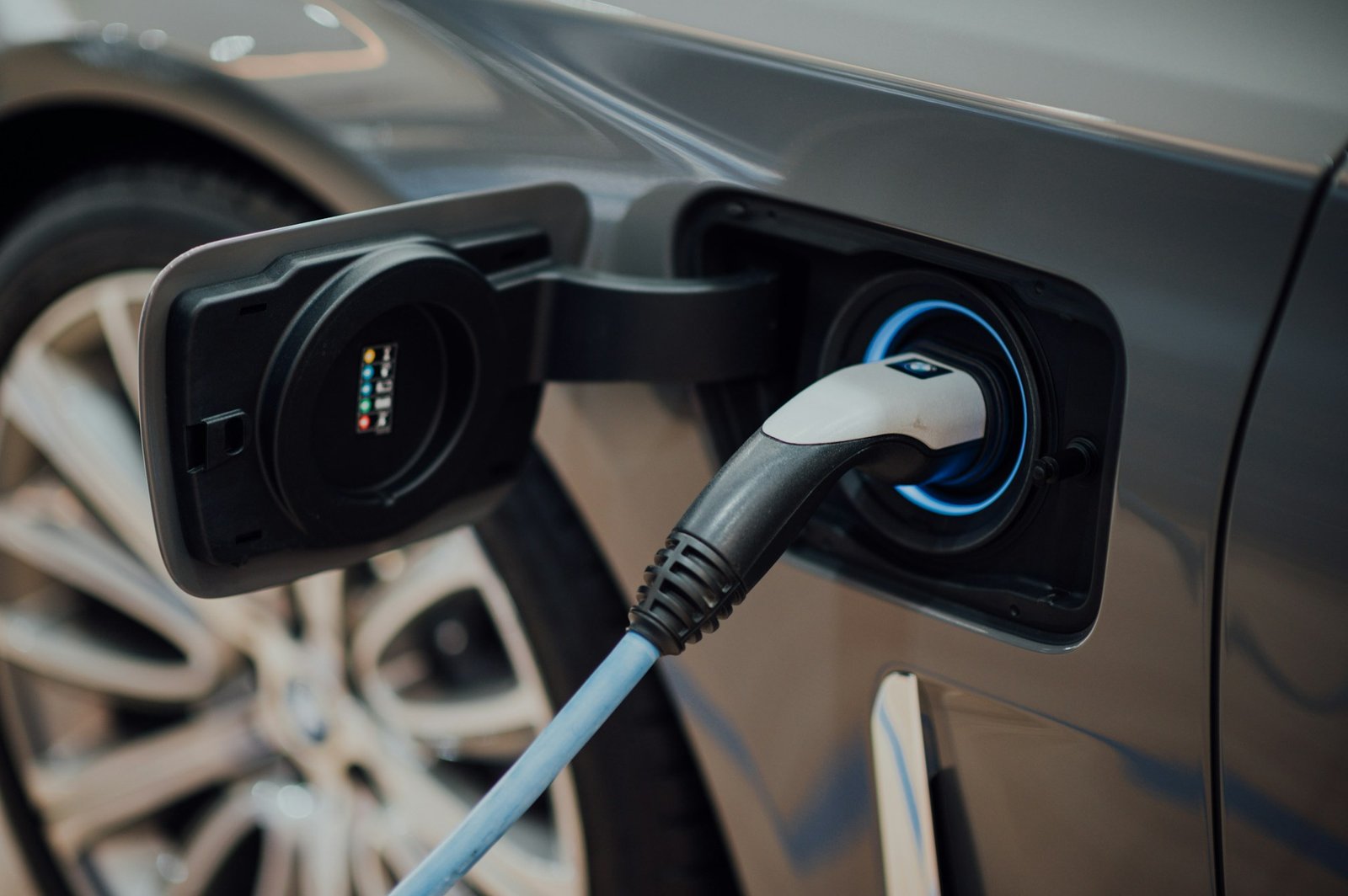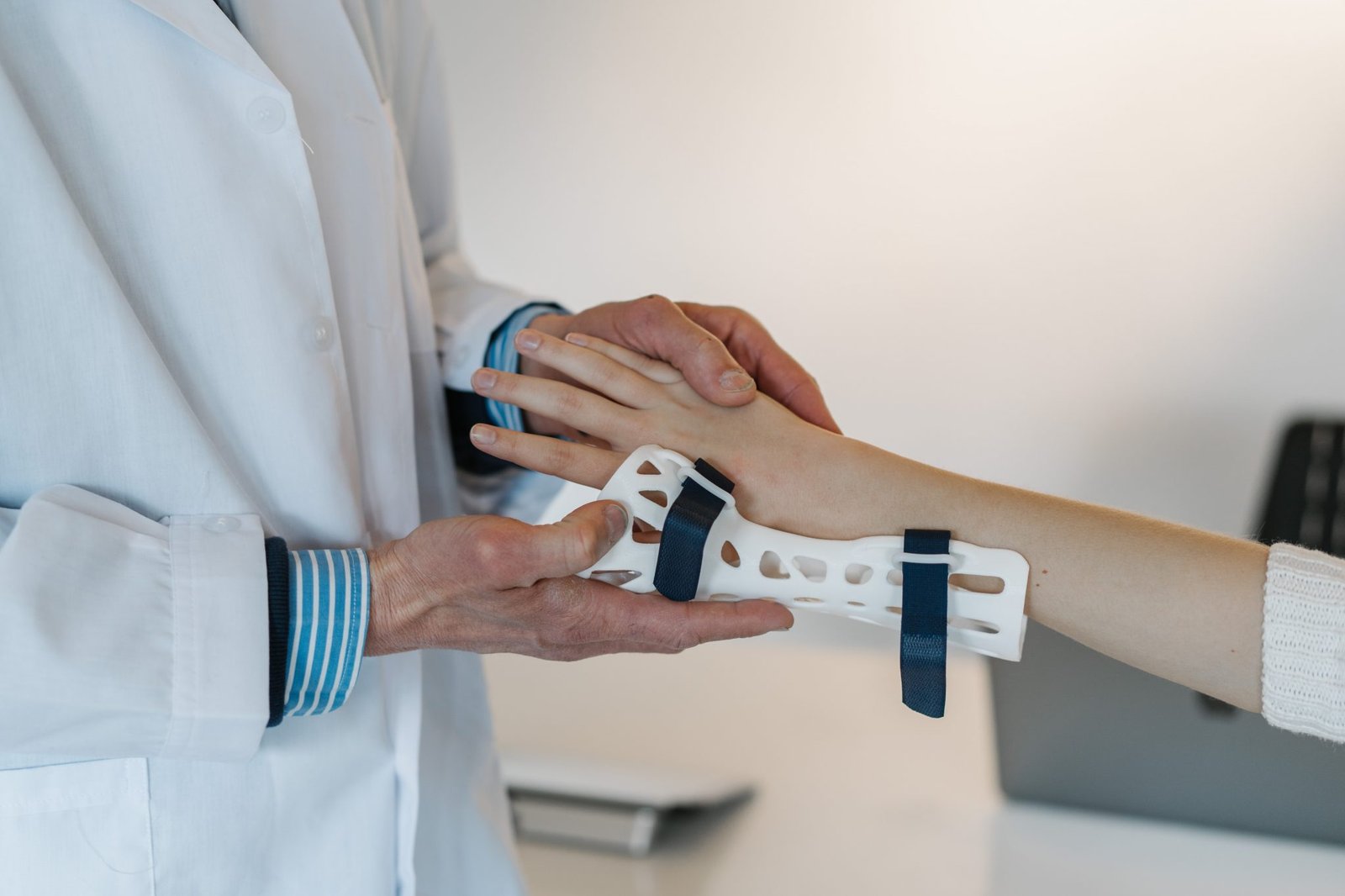As we step into the era of electric vehicles (EVs), understanding their testing methodologies becomes increasingly crucial.
The intricacies of testing for electric vehicles go beyond traditional combustion engine vehicles, delving into areas such as battery life, energy efficiency, and charging infrastructure compatibility.

It’s essential to understand how these elements work and how they’re assessed to ensure efficient and safe operation. Moreover, the rapid advancement in EV technology necessitates correspondingly advanced testing technologies. These technologies allow for more precise, comprehensive, and quicker evaluations, ensuring the EVs we drive are reliable, safe, and energy-efficient. The importance of such technologies cannot be overstated, as they form the backbone of the burgeoning EV industry.
Programmable DC Power Supplies
This device is used to simulate the battery systems of EVs, offering a controlled and adjustable power source to validate various car components’ performance under different battery states. They provide high accuracy and repeatability, essential in identifying performance trends and anomalies during the testing process. Now, whether you are thinking of getting a purchase from Elektro-Automatik or other brands, these power supplies are a crucial part of advanced EV testing technology. For instance, they can simulate the specific power characteristics of EV batteries, providing valuable data on how the car’s powertrain responds to different charging rates and discharge levels. On the other hand, they can also simulate the AC grid power, allowing for testing of onboard charging systems and their compatibility with different charging stations.
Battery Cyclers
These are used to simulate the charging and discharging cycles of an EV’s battery. They help evaluate the battery’s lifespan and performance over time, providing vital data on how various usage and charging patterns affect the battery’s health. Battery cycles also allow for testing of different battery chemistries and configurations, giving manufacturers insight into which type of battery is most suitable for their EVs. Additionally, with the increasing adoption of renewable energy sources, battery cyclers are crucial in evaluating how well EV batteries integrate with solar panels or wind turbines to store excess energy. Over time, battery cyclers have become more advanced and can now simulate real-world conditions accurately.
Thermal Chambers
These chambers simulate different climatic conditions, helping test the electric vehicle’s adaptability and resilience under varying weather conditions. EV batteries are sensitive to temperature changes, and extreme conditions can significantly affect their performance and lifespan. Thermal chambers allow manufacturers to test how well their EVs perform under different temperatures, from extreme cold to intense heat. They also help assess the effectiveness of battery cooling systems and the overall thermal management of the vehicle. This data is crucial in developing more efficient and durable EV batteries that can withstand a wide range of weather conditions.
Electromagnetic Compatibility (EMC) Testing
The presence of numerous electronic components in EVs requires testing for electromagnetic interference. EMC testing is essential to ensure all electronics within an EV work harmoniously without causing interruption or performance degradation. It also involves testing for external sources of interference, such as radio frequencies and other electronic devices, to ensure they do not affect the operation of an EV. With advanced EMC testing technology, manufacturers can pinpoint any potential issues and make necessary modifications before mass-producing their EVs. In turn, this reduces the risk of recalls and improves overall reliability.
High Voltage Insulation Testers
They test the insulation of high-voltage parts in the vehicle, preventing potential electrical shocks and promoting overall vehicle safety. These testers are crucial in identifying any weak points or malfunctions in the vehicle’s insulation system, ensuring the safety of drivers and passengers. With EVs relying on high-voltage systems to power their motors, brakes, and other critical components, such testing technology is vital in guaranteeing safe operation. For example, in the event of a collision, high-voltage insulation testers can help detect any damage to the vehicle’s electrical systems and ensure they are repaired before being put back on the road.
Efficiency Test Systems
Test systems are used to measure the energy efficiency of the EV, a critical aspect of their performance. They calculate how well the electric vehicle converts electrical energy into kinetic energy, and how efficiently it uses this energy to power the vehicle. With the growing focus on sustainability and energy conservation, efficiency testing is crucial in ensuring EVs are environmentally friendly and cost-effective. These systems also provide data on how different driving patterns and conditions affect the vehicle’s energy consumption, helping manufacturers optimize their designs for maximum efficiency.

From battery simulation to thermal management and compatibility testing, advanced testing technology plays a critical role in developing and improving electric vehicles. As the EV industry continues to evolve, so will the testing methods and technologies used to ensure their efficiency, reliability, and safety. By staying updated on these advancements, we can contribute to the growth of sustainable transportation and pave the way for a cleaner future. So let’s continue exploring advanced testing technology for electric vehicles and make informed decisions for a brighter tomorrow. Finally, with the integration of artificial intelligence in EV testing technology, we can expect even more accurate and efficient evaluations, bringing us one step closer to a fully sustainable transportation system.






